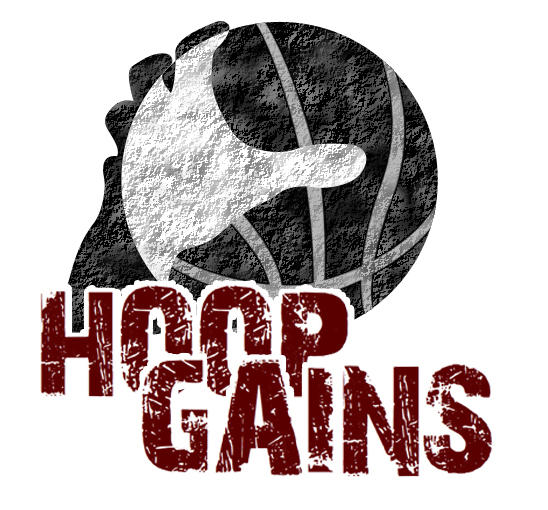Developing your Talent: Hard vs Soft Skills
/There are hundreds of factors that can make a workout plan ineffective. I've seen teammates go so far as to focus exclusively on weightlifting and completely ignore their skill development (clearly not a good idea). But for the rest of us who utilize a more balanced training regimen, how do we optimize our skill development?
One crucial way to maximize your on-court training is to understand the difference between hard and soft skills. Consciously addressing this difference is absolutely vital. In this post, I’ll explain what exactly hard and soft skills are, how you can develop them, and reveal which is more important.
Simply put, Hard skills are actions that could be performed by a robot. They are actions that are performed consistently and correctly every time in the same way. For example, free throws are obviously a hard skill--they should be repeated over and over again with 100% consistency.
Hard skills are developed by hours and hours of practice. Although it may seem boring, repetition is truly the godfather of hard skills. When you’re in the gym by yourself or with your skills coach practicing basic footwork, fundamentals, free throws, jumpers, stationary ball handling etc. you’re improving your hard skills. To see significant improvement, you should be working on these basic skills every single day.
The most effective way to develop these skills is to practice with extreme precision. Only perform perfect reps! So when you’re starting, go slowly, be measured, make one simple move at a time before moving on. Once you've done it right a few times, then you can speed up. If you do it wrong, correct it before moving on.
Don’t be paralyzed by mistakes, but be precise with each repetition. Otherwise, you’ll be creating incorrect neural patterns and can easily develop bad habits. Habits, of course, are hugely important for anyone trying to supercharge their workouts.
If you’ve already got a solid base of hard skills, there’s no need to go unnecessarily slowly. As long as you are not making any errors, go full speed. But, do not lose your precision and concentration on each rep. You should be so focused and concentrated that your mind actually fatigues before your body does.
Soft skills, on the other hand, are about being agile and responsive. Basketball players need to be able to instantly recognize patterns and possibilities and react to them. For example, reading the hedge man on a pick and roll and deciding what to do (e.g. throw a pocket pass, turn the corner, pull up and shoot etc.).The key difference with soft skills is that there are many different paths to a positive result.
The best way to train soft skills is to play. The act of playing games or doing drills against live competition forces you to encounter obstacles and respond to new situations over and over again. This is partly why I’m such a huge fan of playing 1-vs-1. (Check out my other post on how 1-vs-1 can transform your game).
This reactionary process helps build the responsive and flexible neural pathways that make up your soft skills. Utilize these opportunities to be aggressive, curious and experimental. Constantly seek new ways to challenge yourself in live situations.
Now, don’t be stupid. If you’re in the middle of practice and are battling for playing time, it might not be the best time to try out that behind the back, double crossover, stepback 3 that you saw Steph Curry make. But if you’re playing in an offseason pickup game (or any other situation without real consequences of failure) be aggressive and explore new ways to play.
The thing that makes basketball so interesting is that it is a combination of both hard and soft skills. In just a single possession, you may use your intuition to sense a weakness in the defense and then shoot a jumper using precise form that you've developed over hours and hours of practice.
Make sure you have the right balance of training and playing so that you’re developing both hard and soft skills in the right proportions. And when you practice them, be precise with hard skills and exploratory with soft skills.

